Open Column
Rheumatology generally refers to a group of diseases affecting bones, joints and their surrounding soft tissues, manifesting as joint pain, swelling, dysfunction, etc., often with damage to multiple systems and organs Involvement; Chinese medicine calls it Bi disease.
When it comes to the harm caused by high uric acid, many people may only think of gout.
But in fact, high uric acid can cause damage to the whole body, and most of the damage process is “quiet”, and may have been “covered with bruises” without being noticed.
Such as: joint damage, blood vessel damage, kidney damage, etc.
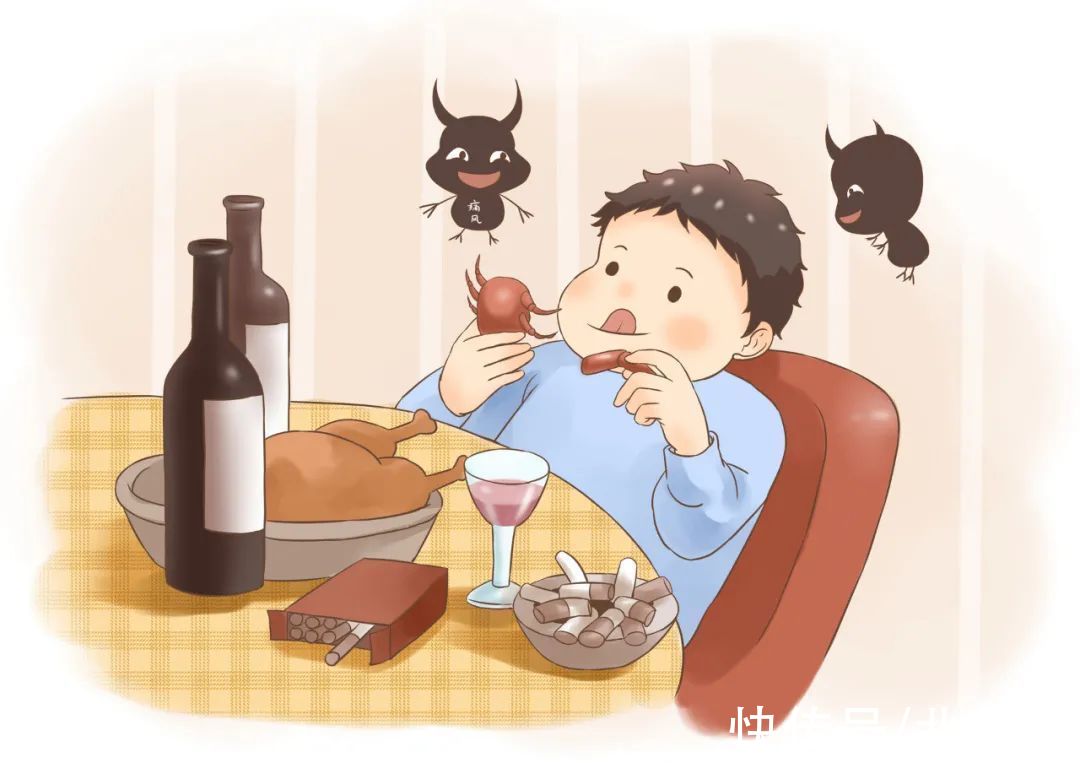
(Source: Photo Network) How to avoid being hurt by “high uric acid”? Of course, a reasonable diet is conducive to the treatment of gout and the control of blood uric acid levels. Therefore, patients with hyperuricemia and gout should pay attention not to fall into the following major dietary mistakes. Misunderstanding 1: No need to control total energy
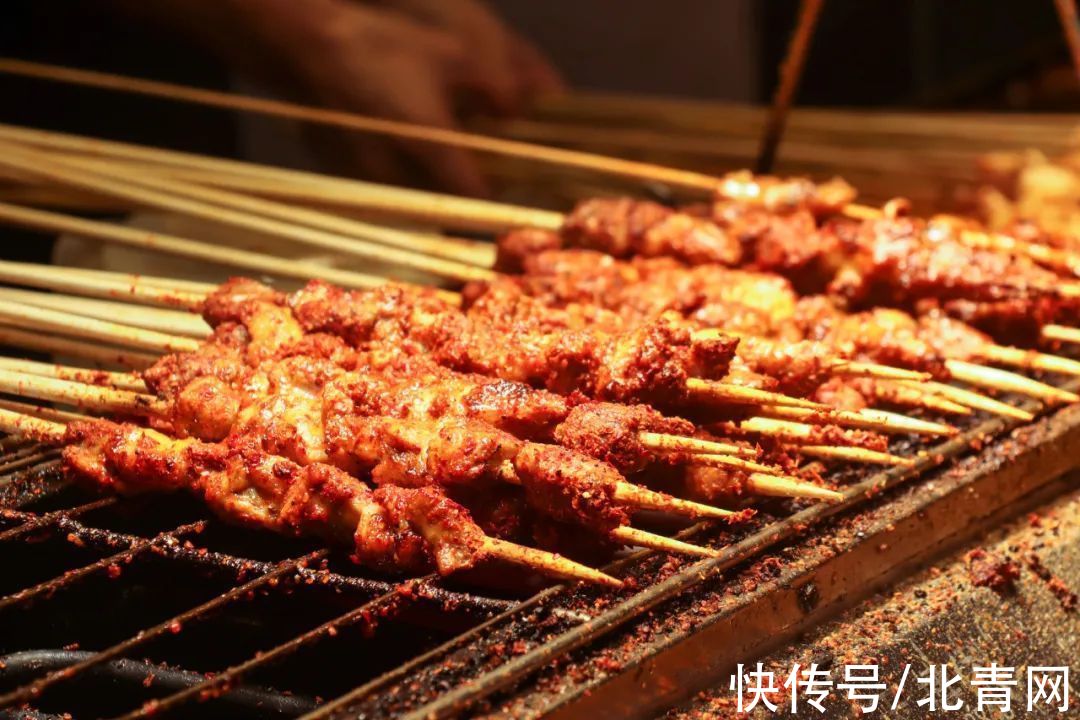
(Photo source: Photo Network) Many gout patients only think of eating as little high-purine food as possible, instead of Know that controlling total caloric intake is one factor in recurrent gout attacks. Obesity can induce gout, and too much fat can reduce the excretion of uric acid. Therefore, for obese or overweight gout patients, in addition to restricting foods with high purine content, the daily total energy intake should be controlled.
Myth 2: Eat as little as possible

(Source: Photo Network) Many gout patients know that binge drinking Overeating can induce gout, so take a diet to prevent the onset of gout. Not only does this approach fail to prevent gout, it also induces an acute attack of gouty arthritis. Because when the exogenous calorie intake is insufficient, the body can only obtain heat by burning the original fat in the body. At this time, a large number of ketone bodies produced by fat metabolism can easily prevent the excretion of uric acid from the renal tubules, resulting in an increase in blood uric acid levels. Induce acute attack of gouty arthritis.
Misunderstanding 3: It is better to eat more whole grains
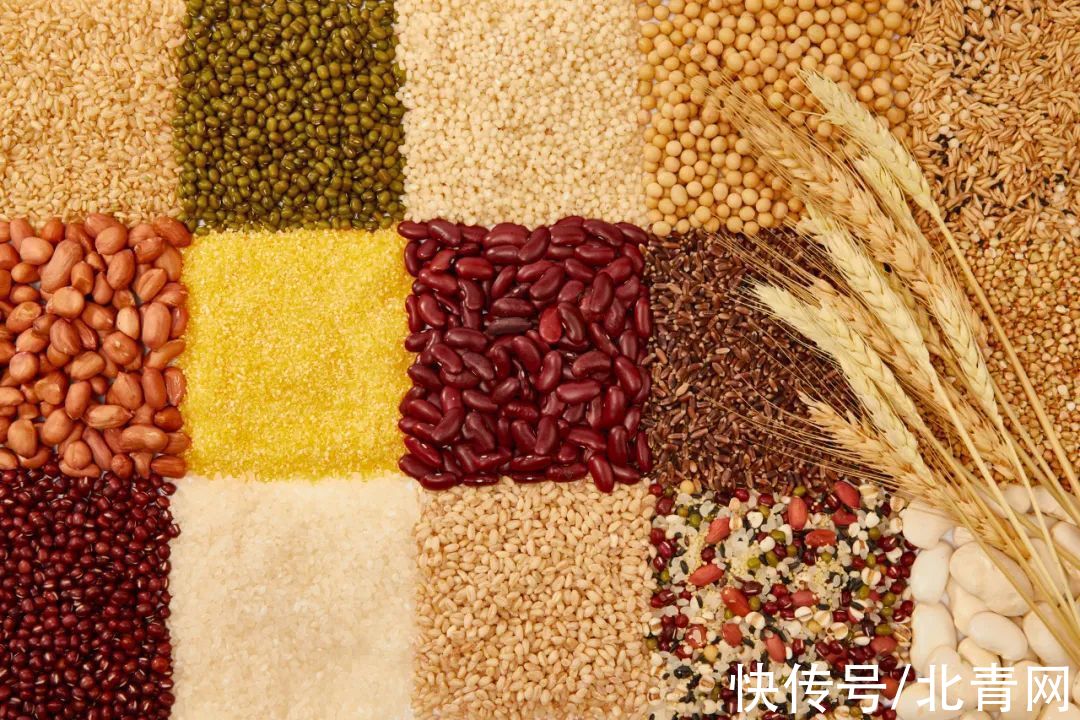
(Source: Photo Network) Coarse grains are rich in dietary fiber, while most Patients with gout are accompanied by metabolic syndrome, and regular consumption of dietary fiber can improve metabolic syndrome, thereby improving the overall metabolism. However, the content of purines in grain rough skin is relatively high, and excessive intake of it will cause blood uric acid to rise. Therefore, the staple food of gout patients should be mainly refined grains, and coarse grains with low purine content, such as millet and corn, can be selectively consumed. Myth 4: Ignoring the role of water, salt and vitamins
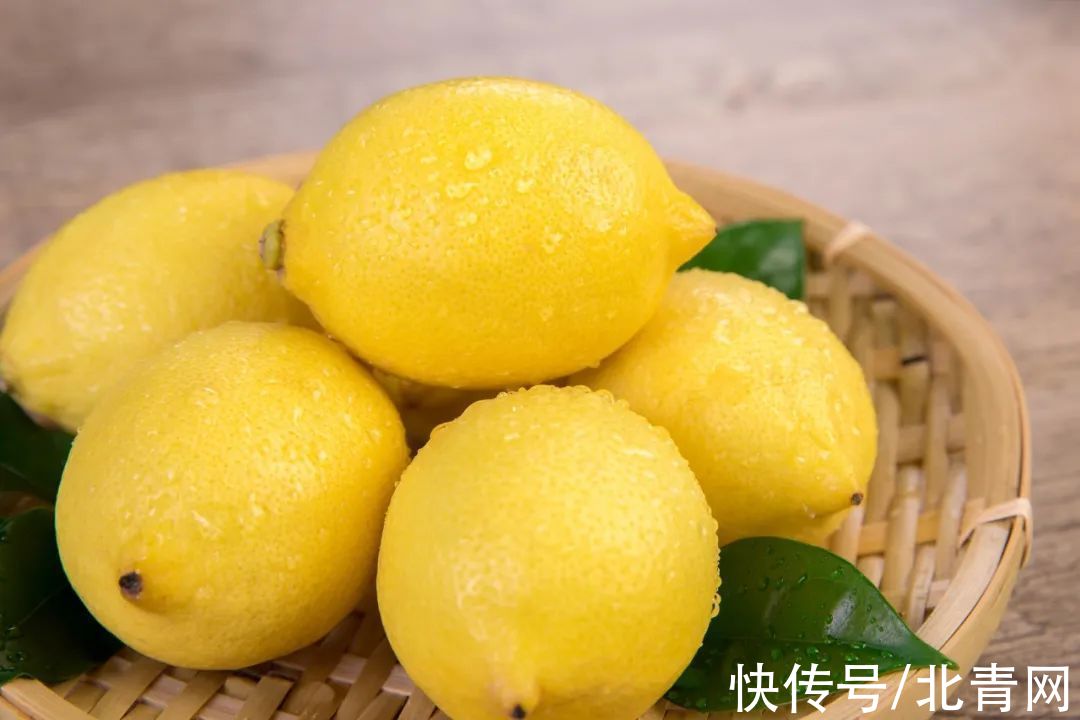
(Photo source: Photo Network) Drinking water is good for uric acid excretion and prevents stone formation; Light and low-salt, high-salt diets affect the excretion of uric acid; B vitamins and vitamin C can promote the dissolution of uric acid deposited in tissues. Therefore, patients should increase the intake of water and vitamins accordingly, and reduce the intake of salt. Myth 5: Strictly limit purines during remission
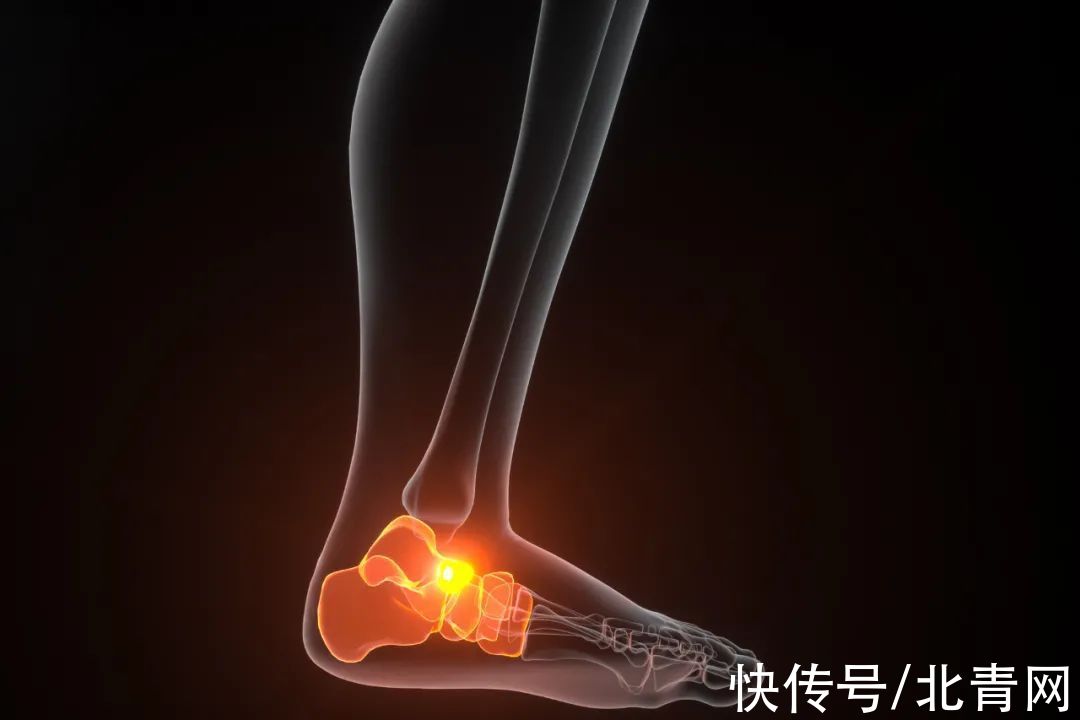
(Photo source: Photo Network) Too strict control of purines can easily cause “secondary gout”. “Secondary gout” means that when the purine is controlled too strictly, the uric acid in the body drops sharply, so that a large amount of urate on the joint A joint wall is released into the blood, and flows into the joint B with the blood, causing another gout attack. Therefore, foods containing moderate purines can be consumed in small amounts during the gout remission period.
Myth 6: It’s best to eat vegetarian food
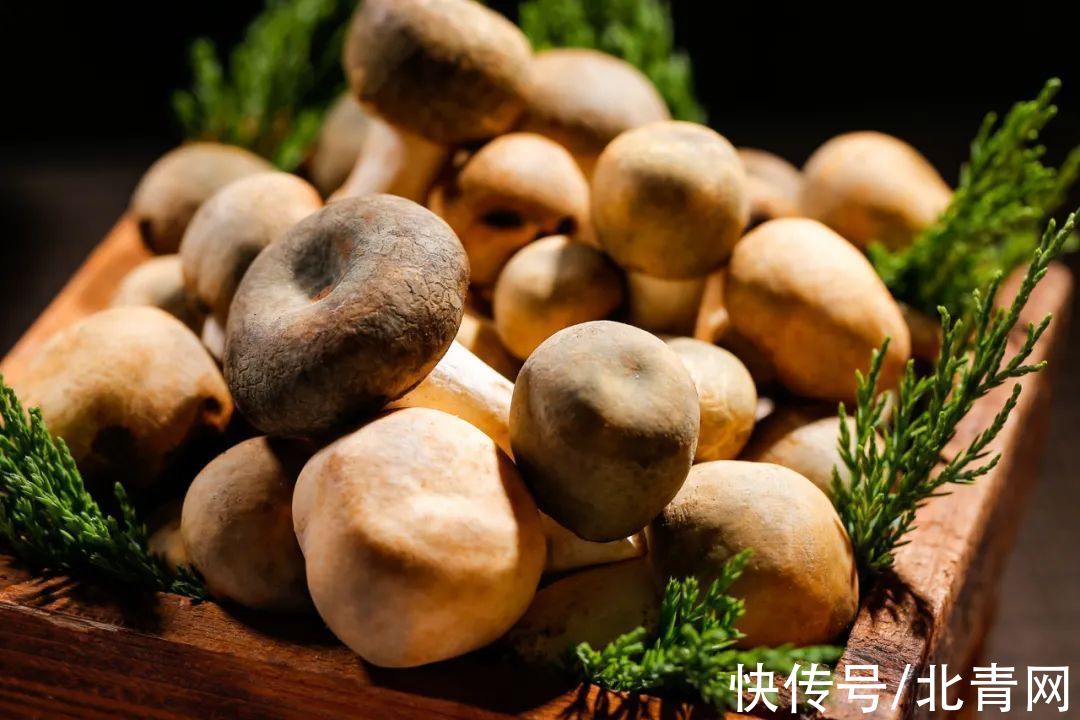
(Photo source: Photo Network) The purine content of some vegetables is not low. Too much can also induce gout, such as soy milk, lentils, dried beans, spinach, peas, edamame, mushrooms, asparagus, etc. In addition, meat is the main source of human body protein, too little meat intake will lead to malnutrition and decreased body resistance. The daily intake of protein by gout patients should conform to three principles: (1) the principle of balanced combination, that is, the combination of animal and plant foods and a variety of foods; (2) the principle of not too much, the protein intake should account for 11% to 15% of the total energy; (3) not too little In principle, the daily minimum protein requirement should be guaranteed even during a gout attack.
Data source | Guangdong Provincial Hospital of Traditional Chinese Medicine
(Healthy Housekeeper)